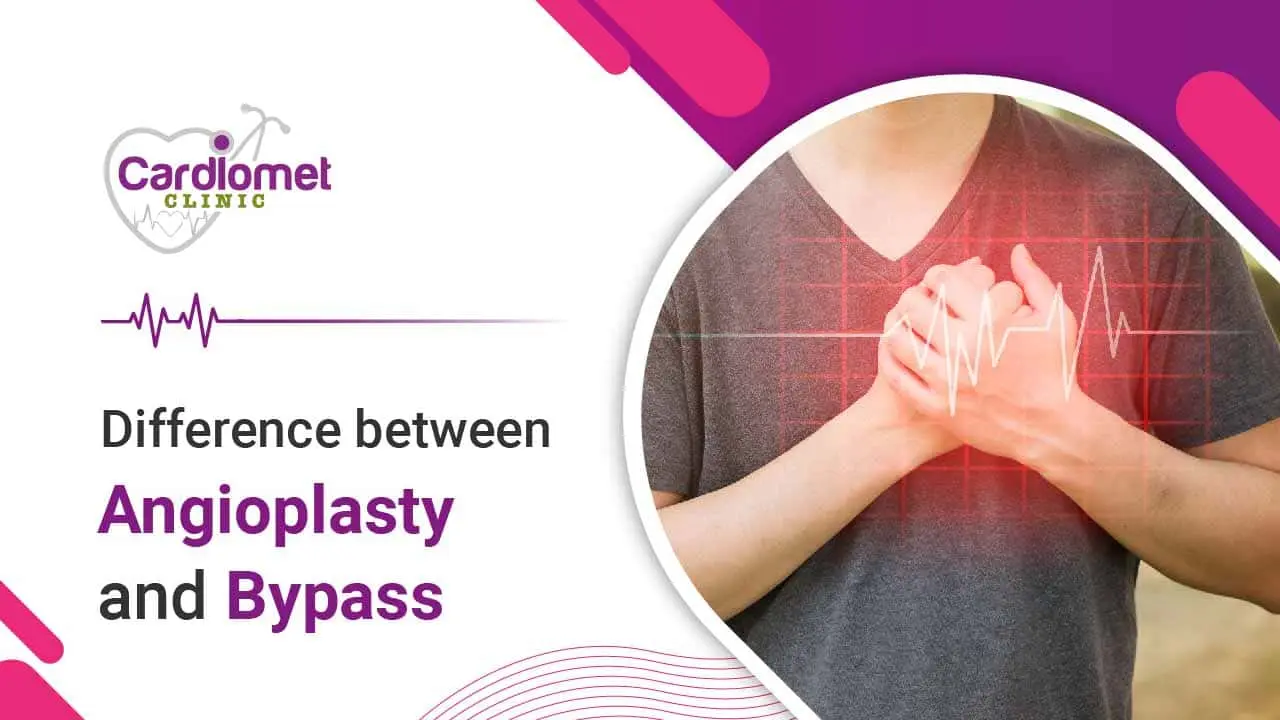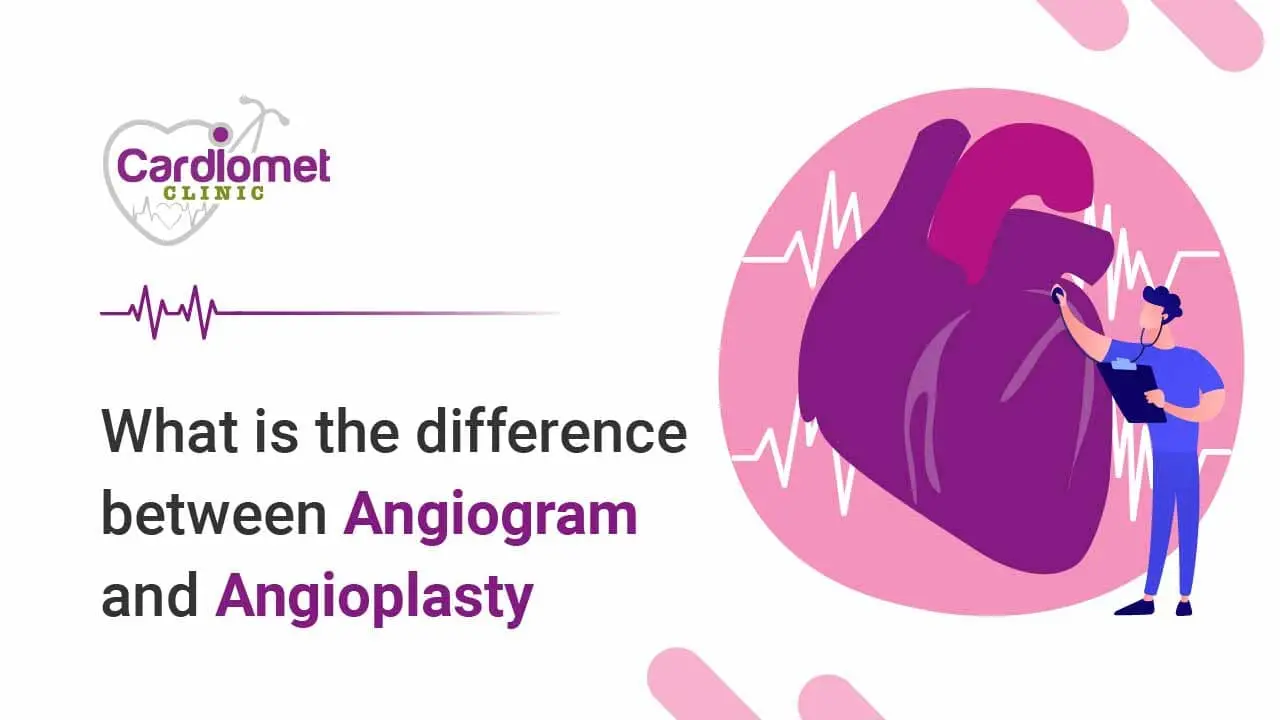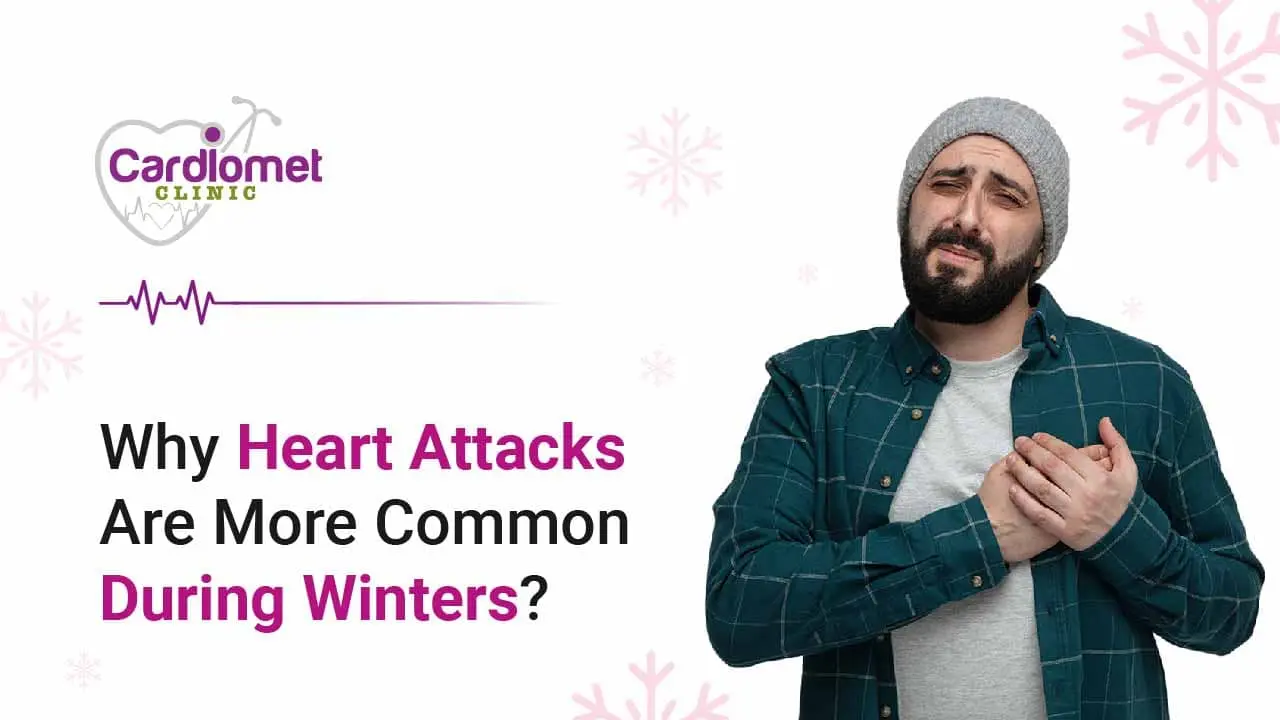Is Rice Good for High Blood Pressure?
There a saying people with High BP should not eat rice.
Is it true? Should High BP patients avoid rice completely?
The answer is NO
Explore the comprehensive insights provided by Dr. Abhijeet Palshikar at Cardiomet Clinic in this blog. Delve into the 'How' and 'Why' of managing high blood pressure and gain valuable knowledge about foods to avoid and those that can help you effectively control hypertension. Your journey to better heart health begins here.
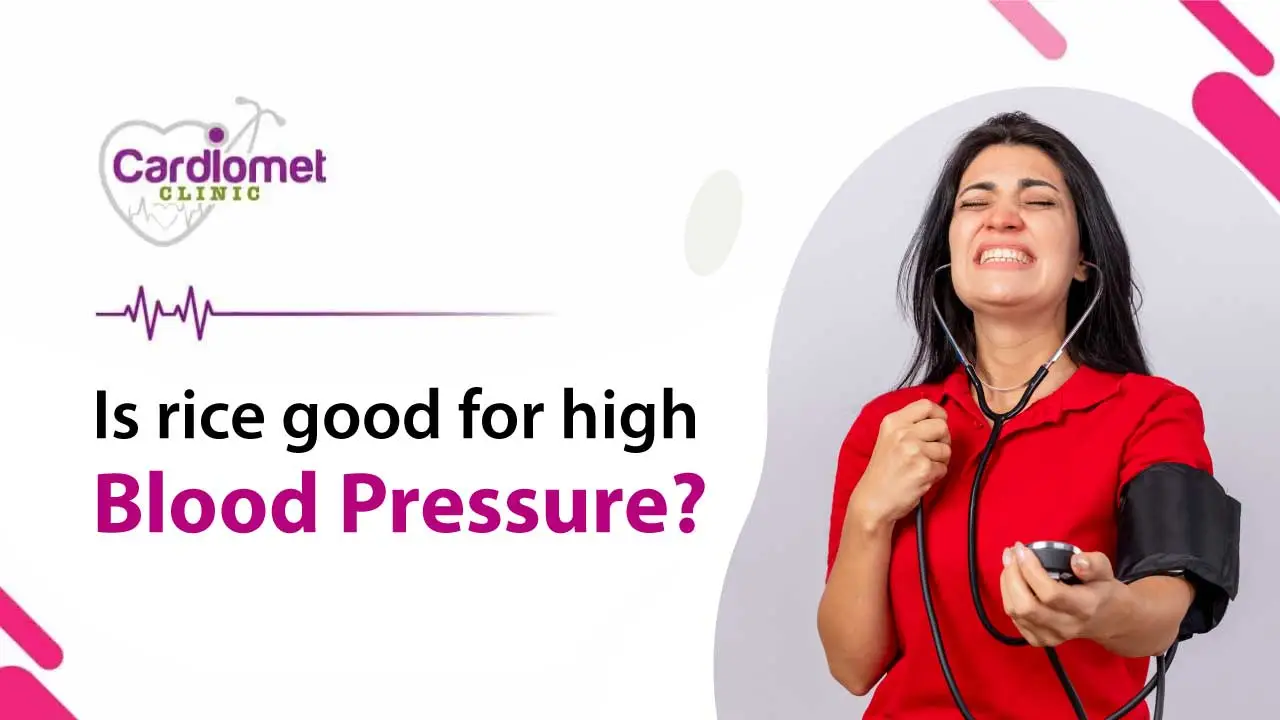

- You can jump on :
We know that certain health conditions can make it difficult to keep your BP in a healthy range. But, is rice one of those foods that could make the situation worse or even better?
The answer is Yes.
Rice does have an effect on blood pressure levels. A study conducted by the Harvard Medical School found that regular consumption of white long-grain rice was associated with an increased risk for developing high blood pressure, while brown and black varieties had no such link.
Furthermore, it’s important to note that this study was done on individuals from Asian countries, where diets are different from those in other parts of the world.
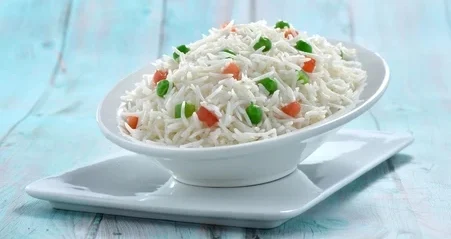
That being said, the connection between white rice and hypertension may be related to its high glycemic index (GI) rating.
GI is a measure of how quickly foods raise your blood sugar levels and white rice has a very high GI.
This rapid rise in blood sugar can cause your body to release hormones that increase salt and fluid retention, ultimately leading to hypertension.
What kind of rice is good for high blood pressure?
Brown rice is better for people with high blood pressure because it contains more fiber than white rice. This fiber helps to lower blood pressure by increasing the elimination of waste products and fat from the body.
Brown rice also contains a good balance of minerals like magnesium, potassium, and iron which help regulate blood pressure levels.
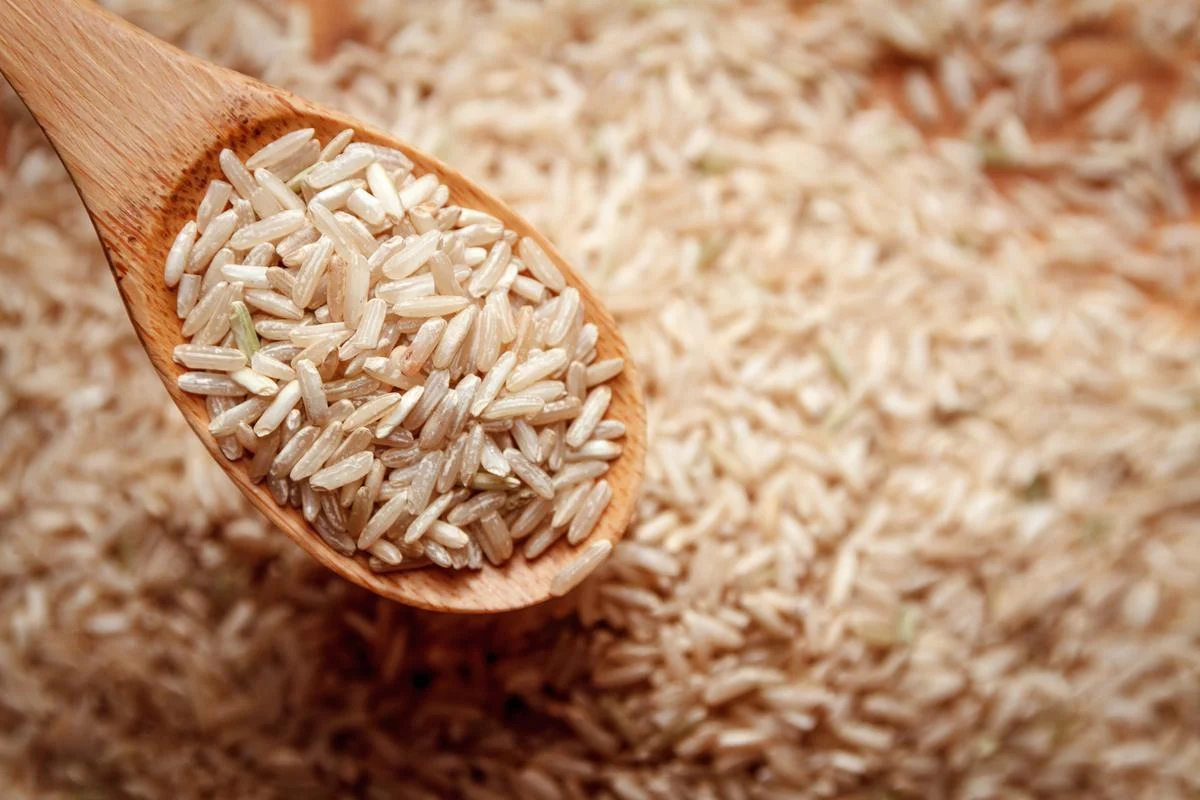
Additionally, brown rice is a complex carbohydrate that releases energy slowly, helping to maintain proper blood sugar levels throughout the day and reducing fluctuations in blood pressure.
Brown rice is also a great source of protein, vitamins, minerals, and phytochemicals that are all beneficial for those with hypertension.
All types of rice should be cooked in unsaturated vegetable oil instead of butter or lard, as they contain unhealthy saturated fats.
Related Read : How to keep blood pressure under control?
What should be avoided in high BP?
Foods high in sodium should be avoided as they can increase your blood pressure. levels. This includes processed and canned foods such as chips, soups, and frozen meals.
Likewise, foods that contain a lot of sugar such as cakes, pastries and candy should also not be consumed regularly if you have hypertension.

In addition to limiting these types of food from your diet, it’s important to limit the amount of alcohol you consume. Alcohol is known to raise blood pressure levels; therefore, reducing or eliminating it from your diet may help keep BP low.
Ultimately, adding brown rice into your daily meal plan is a great way to help manage high blood pressure in a safe and healthy manner.
Related Read : Does Alcohol Affect Blood Pressure?
What are the best foods for high blood pressure?
In addition to brown rice, there are several other foods that can help keep your BP in check.
These include fruits and vegetables such as tomatoes, apples, spinach and bananas; whole grains like oats and quinoa; low-fat dairy products; lean proteins including fish and chicken; nuts and seeds like flax seed or chia seeds; healthy fats like olive oil or coconut oil; and fatty fish such as salmon or tuna.

It’s important to note that all of these foods should be consumed in moderation.
Eating a balanced diet with plenty of fresh fruits and vegetables is key to keeping your blood pressure in the healthy range.
Additionally, it’s important to stay active by exercising regularly for at least 30 minutes a day. This will help reduce stress and keep your BP in check.
By incorporating these healthy foods into your daily meal plan and exercising regularly, you can help lower your blood pressure naturally without the need for medication.
